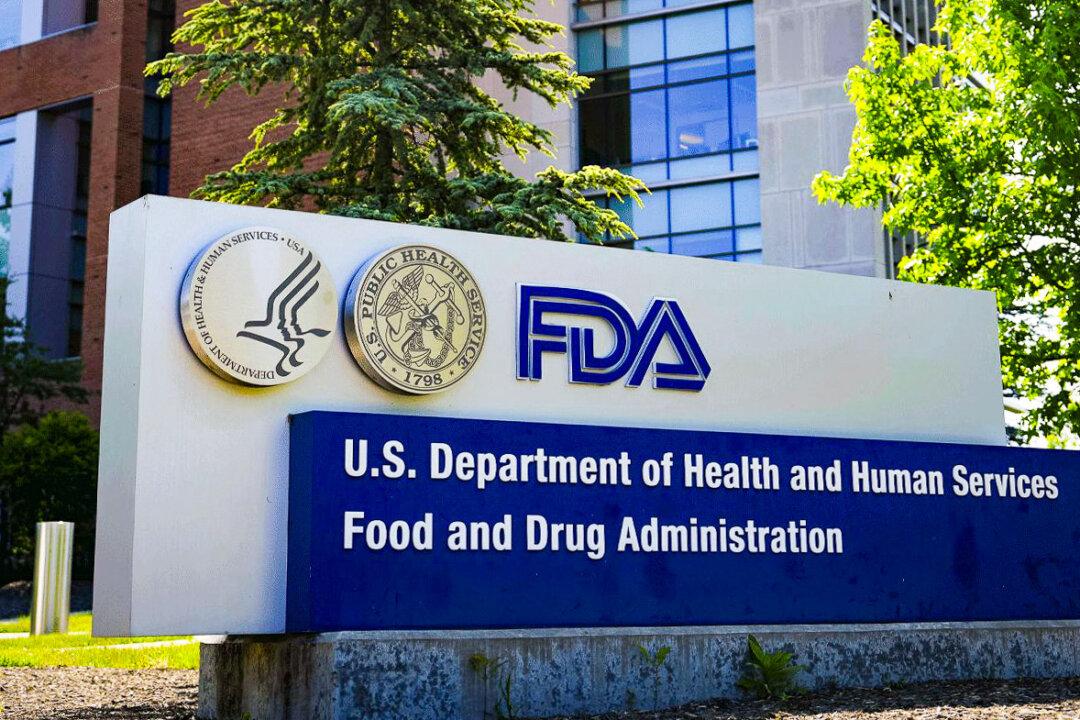The U.S. Food and Drug Administration (FDA) confirmed the voluntary recall of 54,846 packages of Yogi brand tea, amounting to over 877,000 individual tea bags, due to concerns about pesticide contamination.
The recalled products are Organic Yogi Echinacea Immune Support and Yogi Echinacea Immune Support, manufactured by East West Tea Company from Eugene, Oregon. The items were recalled because “pesticide residues were detected above action levels,” according to the FDA report.





